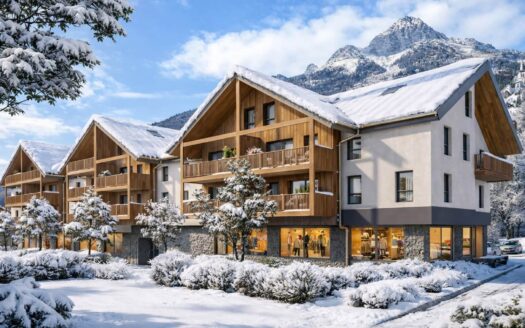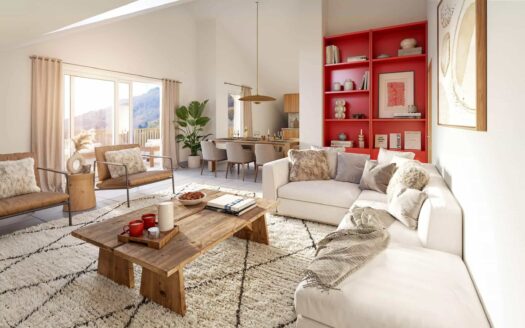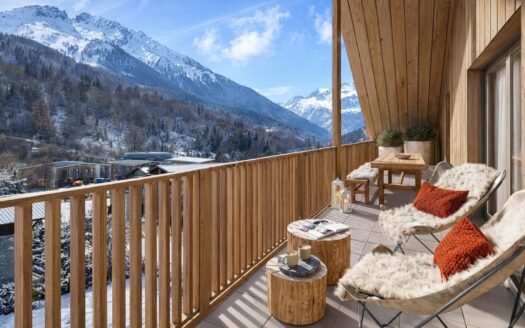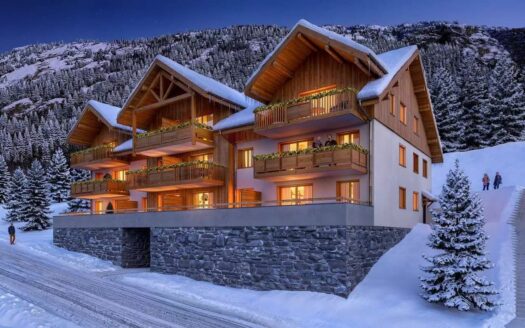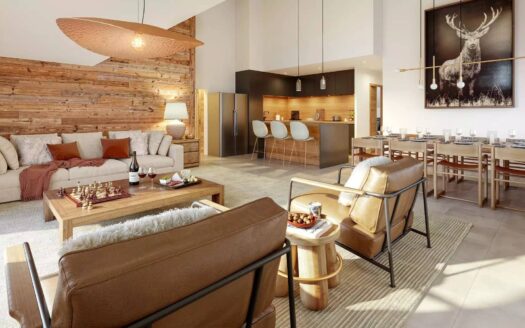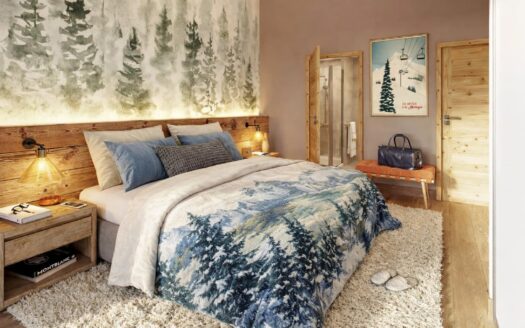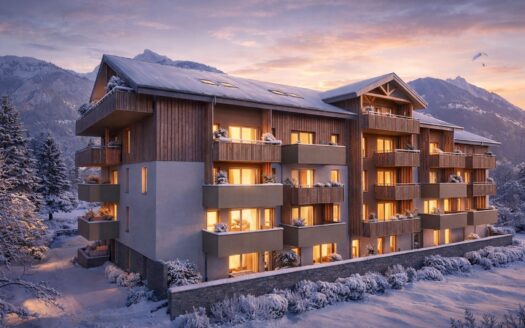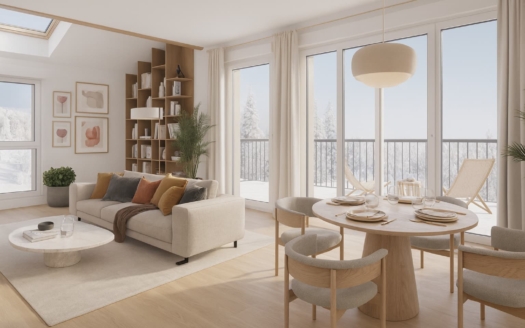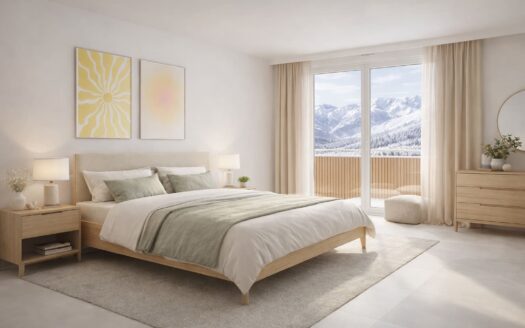Charges de Copropriété: The Ultimate Guide to French Service Charges
“Charges de copropriété” (often shortened to “les charges” in France) are the service charges or condo fees for a property located in a divided ownership building (“copropriété“).
They are a mandatory, recurring payment from each owner to cover the shared costs of running and maintaining the building. Most owners in a building in France have to pay them and owners meet once a year to discuss the charges and any exceptional works needed.
Here is a detailed breakdown of what they typically include:
What’s Included in the Charges?
The charges are divided into two main categories:
A. General Operating Expenses (“Frais de fonctionnement“)
These are the day-to-day running costs of the building:
Cleaning & Maintenance: Cleaning of common areas (stairwells, lobby, hallways), window cleaning, pest control.
Utilities for Common Areas: Electricity, water, and heating for hallways, the lobby, the garden, and outside lighting.
Gardening & Snow Removal: Upkeep of any shared gardens, green spaces, and snow removal from pathways and driveways.
Building Insurance: The premium for the master building insurance policy (“assurance multirisques immeuble“). This is mandatory and covers the structure and common areas against fire, water damage, natural disasters, etc. (Note: You still need your own personal insurance (“assurance habitation“) for the contents and liability inside your private apartment).
Management Fees: The fee for the professional property management company (“syndic“) that administers the building.
Wages: Salary for any on-site staff like a concierge, custodian, or gardener.
B. Special Provision Fund (“Provisions pour fonds de travaux“)
This is a crucial part of the charges. It’s a savings fund for future major repairs and renovations.
Purpose: To avoid asking owners for a massive lump-sum payment (“appel de fonds“) when a major project arises.
What it covers: Examples include repainting the façade, replacing the roof, renovating the elevator, updating the plumbing or electrical systems for common areas, and insulating the building.

How are They Calculated and Paid?
Calculation: Your share of the total charges is determined by your property’s “millième” or “tantième“. This is a number, expressed in thousandths, that represents your share of the entire building based on your apartment’s size, floor, location, and amenities (like a balcony or garage). A larger apartment in a better location will have a higher millesime and thus pay a larger share of the charges.
Payment: They are typically paid quarterly or monthly. The management syndic provides an estimated budget for the year, and you pay monthly/quarterly instalments. At the end of the year, the accounts are reconciled. If too much was paid, you get a refund; if not enough was collected, you will be billed for the difference.
Key Points for a Buyer (Very Important!)
Due Diligence: Before buying, you must review the latest meeting minutes (“procès-verbal“) of the owners’ association. This will reveal the building’s financial health, any ongoing disputes, and, most importantly, any major upcoming renovation projects that could result in a special assessment.
Ask for the Breakdown: The seller or estate agent must provide a detailed breakdown of the current charges. Do not just look at the total amount. Understand what it includes (e.g., does it include hot water or heating as it does sometimes?).
“Charges Comprises”: In rental ads, this phrase means the rental price includes the service charges. For a sale, the price is always for the property itself; the charges are an additional ongoing cost for the owner.
New vs. Old Buildings: Charges in new buildings can be deceptively low for the first few years because the special provision fund is new and no major repairs are needed. They will rise as the building gets older.
Typical Cost Range (Very General Guideline)
It’s impossible to give a single figure as it varies enormously, but for an apartment, it can range from €50 to €200+ per month.
A small studio with no elevator or common garden will be at the lower end.
A larger apartment in a building with a concierge, elevator, swimming pool, and extensive gardens will be at the very top end.
In summary, “charges de copropriété” are the essential costs of shared living in a French apartment building. A thorough review of them is a non-negotiable part of the property purchasing process.
Quick search
Allemond, Alpe d’Huez | Cœur Massif
You can contact via phone: mobile: Please use the #%id to identify the property "Allemond, Alpe d’Huez | Cœur Massif"
Oz, Alpe d’Huez | Les Balcons d’Argent
You can contact Domosno via phone: +44 79 0100 2763 mobile: Please use the #%id to identify the property "Oz, Alpe d’Huez | Les Balcons d’Argent"
Bourg-Saint-Maurice Les Arcs | Pure Lodge
You can contact Domosno via phone: +44 79 0100 2763 mobile: Please use the #%id to identify the property "Bourg-Saint-Maurice Les Arcs | Pure Lodge"
Ready to Buy your ski Home?
Get in touch with our French Alps team to secure your ideal ski property.
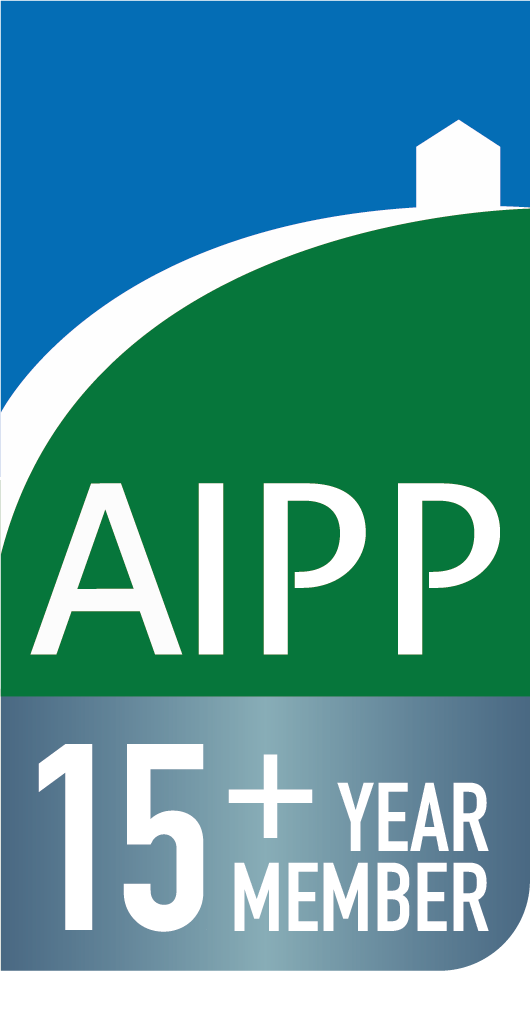
Domosno — member of the
Association of International Property Professionals
since 2010

